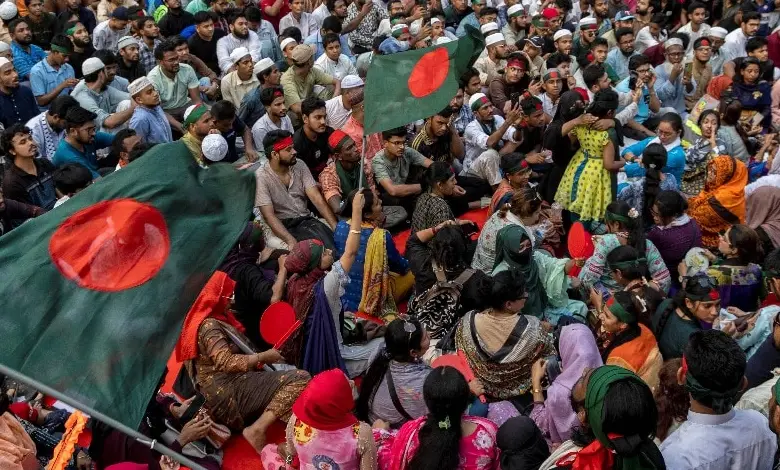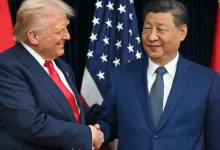Bangladesh Faces New Tensions as Yunus Considers Resignation Amid Army Chief’s Election Push

Dhaka is gripped by uncertainty as Bangladesh navigates a delicate political landscape. Recent developments, including a closed-door military meeting led by Army Chief General Waker-uz-Zaman, have fueled speculation about growing military influence in civilian affairs. The “Darbar” meeting, described by Dhaka sources as “firm and direct,” underscored General Waker’s insistence on safeguarding national security and territorial integrity, warning against any perceived foreign interference. The abrupt dismissal of the foreign secretary, without an official explanation, has further deepened concerns about institutional stability.
The interim government, headed by Nobel Laureate Muhammad Yunus, is facing mounting pressure. A senior diplomat who recently served in Dhaka told that the situation is “sensitive and volatile,” with significant administrative and political realignments underway. The diplomat suggested that an election announcement could be imminent within months, noting that the recent ban on the Awami League may signal such a move. However, the diplomat cautioned that Bangladesh’s history of political transitions often involves violence, raising fears of potential unrest.
Adding to the tension, Yunus met with Nihad Islam, leader of the National Citizen Party (NCP), in a discussion described as politically significant despite its informal nature. Islam later told the media that Yunus was “upset” and had offered to resign due to resistance from political parties over his reform efforts. A senior Bangladesh Nationalist Party (BNP) politician, speaking anonymously to News18, accused Yunus of seeking sympathy and evading calls for a clear election roadmap. The politician criticized the interim government for overstepping its mandate with decisions beyond its authority.
General Waker’s remarks at the Darbar emphasized the need for elections, signaling military impatience with the interim government’s pace. The combination of military assertiveness, bureaucratic shake-ups, and politically charged meetings suggests a subtle but significant shift in Bangladesh’s governance structure. As Dhaka braces for what a senior diplomat described as a “crucial” next 48 hours, the nation remains on edge, with the possibility of renewed civil-political unrest looming.




